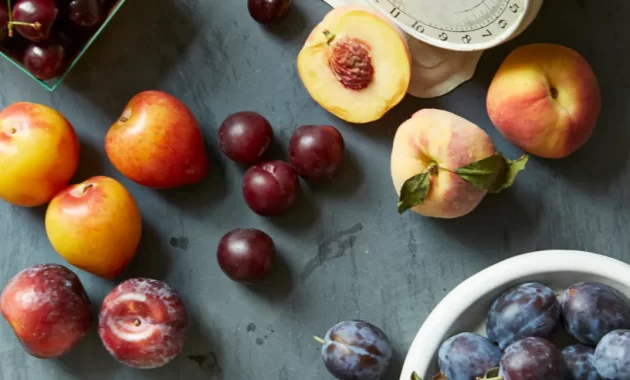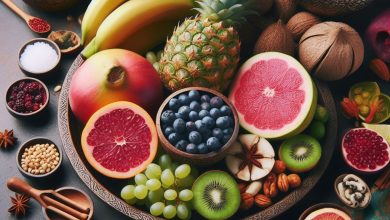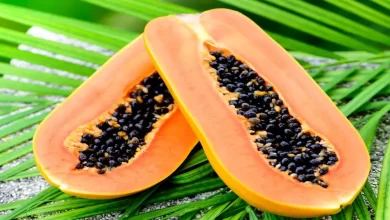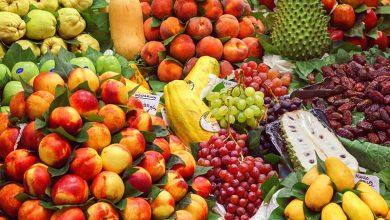Top 10 Healthy Fruits for Weight Loss
Low calorie content, hypoglycemic index, sugar content and a large amount of fiber – these indicators are important when compiling a diet for weight loss. It is important that weight loss is not only fast and effective, but also healthy, so when choosing fruits for a snack, you need to consider their composition.
Citrus
Why do citrus fruits top the list? The answer is simple: due to the content of a large number of amino acids, vitamins and flavonoids that contribute to weight loss.
Among these representatives, grapefruits, pomelo, oranges and tangerines stand out in terms of popularity when losing weight.
Calories per 100 grams:
grapefruit – 35 kcal;
pomelo – 32 kcal;
oranges – 43 kcal;
tangerines – 38 kcal;
A feature of this genus of plants is not only low calorie content, but also an increase in metabolic rate. Grapefruit and pomelo are considered the most useful for active weight loss – they are called natural “fat burners”.
Kiwi
The calorie content of kiwi is slightly higher than oranges – 47 kcal per 100 grams. The usefulness of kiwi for weight loss is justified by a number of reasons:
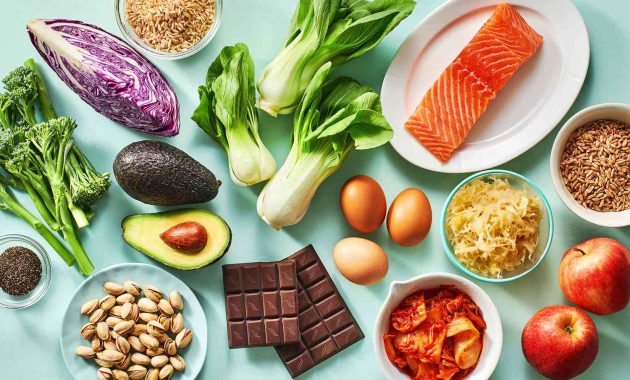
the content of folic and ascorbic acids necessary for the body (especially in the autumn-winter period);
the fiber included in the composition is able to perfectly satisfy the feeling of hunger;
kiwi contains vitamins of groups B, E, PP, A, C;
eating fruit leads to a decrease in cholesterol;
Pineapple
The calorie content of pineapple is 52 kcal per 100 grams. This fruit is valued for its content of bromelain, an enzyme that improves digestion and helps reduce swelling and inflammation. Eating pineapple allows you to “disperse” the metabolism and strengthen the body due to the high content of vitamins A, B1, B6.
Apple
Apples are considered the most important source of fiber necessary for the normal functioning of the intestines, and therefore proper, healthy weight loss. Homemade apples are the most useful and rich in vitamins.
Pear
Calorie content of pears – 47 kcal per 100 grams. The peel of the fruit contains valuable substances and contributes to excellent bowel cleansing. The fruit itself is characterized by a high fiber content. When eating one small pear, the body immediately receives 8% of the required daily allowance.
Mango
The content of natural sugars in mangoes is slightly higher than in other fruits. This does not prevent the exotic fruit from bringing great benefits to the body and promoting weight loss, since mango contains a whole range of useful elements.
The composition of mango includes minerals such as iron, calcium, zinc, magnesium, etc. Contains vitamin E, which improves hormonal levels. Improves the condition of the blood with anemia due to the high content of iron. Strengthens immunity thanks to the ascorbic acid which is a part.
Papaya
The calorie content of the fruit is 43 kcal per 100 grams, which makes papaya an excellent option for a low-calorie snack. A distinctive feature of papaya is the presence of the papain polypeptide, which is characterized by the ability to maintain a healthy gastrointestinal tract and reduce inflammation.
Papaya is rich in dietary fiber, which contributes to rapid satiety. The fruit includes amino acids, vitamins, minerals. There are many ways to prepare papaya, from smoothies to fruit salads.
Watermelon
Watermelon is known to contain a lot of liquid, and this fact, combined with a low calorie content (30 kcal per 100 grams), gives an excellent result in losing weight. Due to the diuretic effect, water does not remain in the body, which helps fight swelling.
Watermelon does not contain a large amount of vitamins, but does an excellent job of removing toxins and harmful substances from the body.
Can it help you lose weight? Yes, and stay healthy! The composition of the fruit includes vitamins: B, PP, K, E, C, A. Also, fruits are characterized by a high content of natural fiber and various minerals necessary for a person – iron, calcium, fluorine, sodium, iodine – and this is not the whole list.
Peaches have a diuretic and laxative effect, cleanse the intestines well and remove excess water from the body. Due to organic acids, peaches accelerate metabolism. Such a rich assortment of useful qualities is combined with a low calorie content – 40 kcal per 100 grams.
Pomegranate
100 grams of pomegranate contains 52 kcal, so the fruit takes pride of place on the list. This fruit is a storehouse of vitamins A, B, C, E and minerals (calcium, phosphorus, potassium, magnesium, iron).
Due to amino acids, pomegranate improves digestion, satisfies appetite well, speeds up metabolism, cleanses the digestive tract of toxins, and positively affects blood circulation by increasing hemoglobin.
The use of these fruits during weight loss will help to achieve the desired shape and at the same time strengthen the body. Fruits with a high content of natural sugar are best eaten in the morning, in the evening you should leave “light” options. Composing dishes from fruits will help diversify the diet.
However, it is important to remember that the consumption of foods high in organic acids and minerals must be reasonable. Increased fiber intake leads to an upset digestive system. The acidity of the juices of some fruits causes stomach irritation.
The best option is to avoid the consumption of one type of food and monitor the balance of the diet, and in the presence of chronic diseases, consult a specialist.
